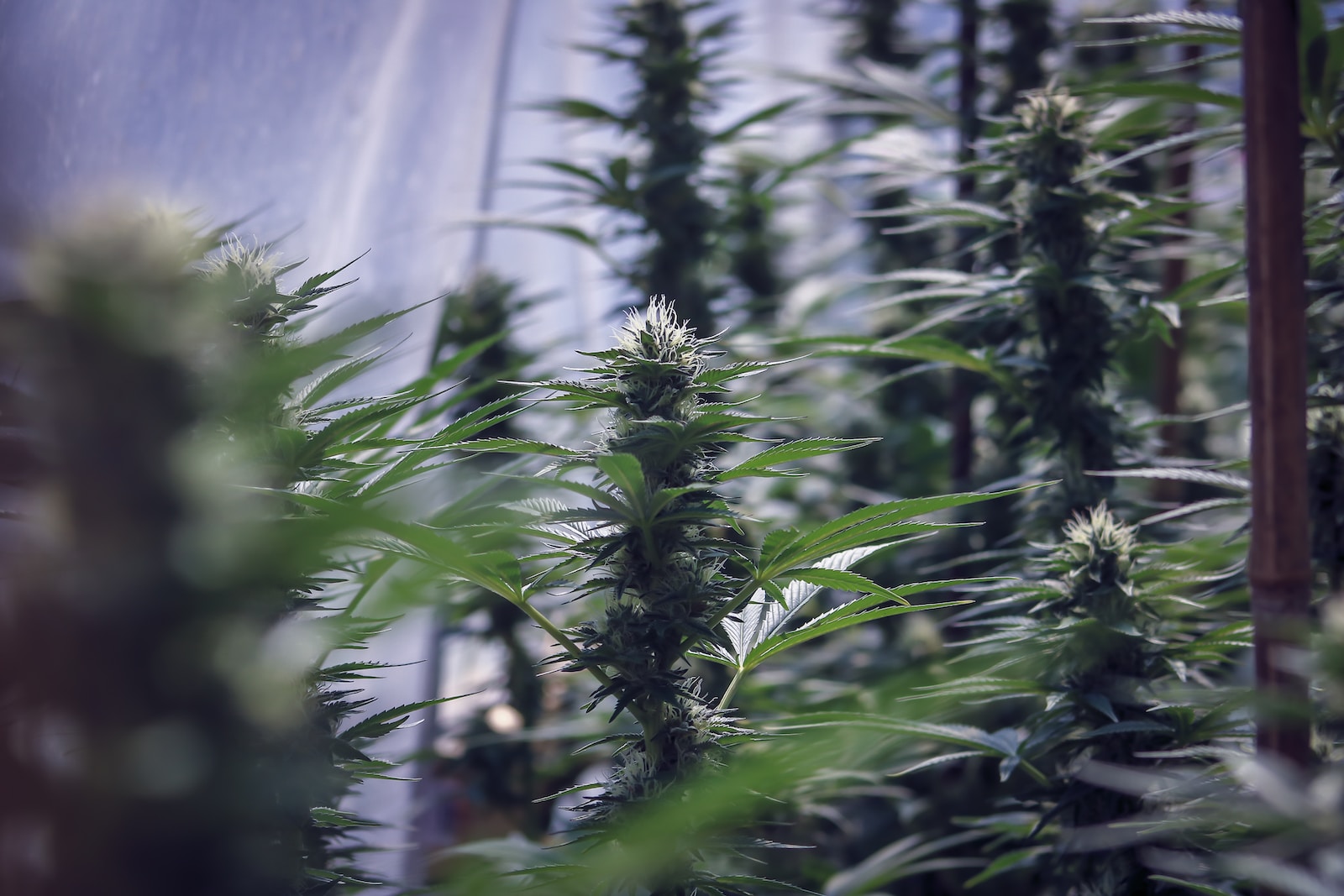
Cautious Consumption: Navigating the Potential Side Effects of CBD
In recent years, CBD (cannabidiol) has gained significant attention for its potential health benefits. From managing anxiety to alleviating chronic pain, CBD has become a popular supplement in many households. However, like any substance, CBD is not without its potential side effects. This article aims to provide a detailed and informative guide on cautious consumption of CBD, helping you understand the potential side effects and how to navigate them effectively.
Cautious Consumption: Navigating the Potential Side Effects of CBD
When it comes to integrating CBD into your wellness routine, being cautious is key. While CBD is generally considered safe, it’s crucial to be aware of potential side effects to make informed decisions. Here’s a comprehensive look at how to navigate potential side effects and ensure a positive CBD experience.
Understanding CBD: A Brief Overview
Before diving into potential side effects, let’s establish a foundational understanding of CBD. CBD is a non-psychoactive compound derived from the cannabis plant. It interacts with the body’s endocannabinoid system, which plays a role in regulating various physiological processes.
The Power of Positive Keywords: Balancing Benefits and Risks
While CBD offers a plethora of potential benefits, it’s essential to acknowledge the balance between benefits and risks. Incorporating positive keywords like “wellness” and “relief” in your approach to CBD consumption can help maintain an optimistic perspective.
Potential Side Effects of CBD
- Managing Expectations: Mild Side EffectsIt’s important to recognize that CBD might cause mild side effects for some individuals. These could include dry mouth, changes in appetite, and dizziness. These effects are often temporary and subside as the body adjusts.
- Cautious Combination: Drug InteractionsCBD can interact with certain medications, potentially impacting their effectiveness. Consulting a healthcare professional before incorporating CBD into your regimen can help mitigate the risk of adverse interactions.
- Quality Matters: Recognizing Inferior ProductsUsing high-quality CBD products is crucial to minimize the risk of unwanted side effects. Inferior products might contain contaminants or inconsistent concentrations of CBD, leading to undesirable outcomes.
- Staying Grounded: Avoiding Psychoactive EffectsUnlike its counterpart THC, CBD is non-psychoactive. However, consuming high doses of CBD may lead to feelings of drowsiness or lethargy. Finding the right dosage is key to avoiding these effects.
- Skin Sensitivity: Potential Allergic ReactionsWhile rare, some individuals might experience allergic reactions when applying CBD-infused topicals. Performing a patch test before widespread application can help identify any potential skin sensitivity.
- The Blood Pressure Conundrum: Monitoring FluctuationsPreliminary studies suggest that CBD might impact blood pressure. If you have underlying cardiovascular issues, it’s advisable to monitor your blood pressure closely when starting CBD.
Expert Insights: Navigating Side Effects Safely
Dr. Emily Carter, a renowned expert in cannabinoid research, emphasizes the importance of cautious CBD consumption. According to Dr. Carter, “CBD holds immense promise, but individuals need to approach it with mindfulness. Consulting a healthcare provider, starting with low doses, and opting for reputable brands can significantly minimize the potential for side effects.”
FAQs about CBD Side Effects
Q: Can CBD get you high?
A: No, CBD is non-psychoactive and does not produce a “high” sensation commonly associated with THC.
Q: Can I drive after consuming CBD?
A: Driving impairment is unlikely with CBD alone, but if you feel drowsy or lightheaded, it’s best to avoid driving.
Q: Is it possible to overdose on CBD?
A: CBD is considered well-tolerated, and overdosing is rare. However, sticking to recommended dosages is crucial.
Q: Can CBD interact with my prescription medications?
A: Yes, CBD can interact with certain medications. Consult your doctor before using CBD if you’re on prescription drugs.
Q: Are there age restrictions for CBD consumption?
A: CBD regulations vary by jurisdiction. In some places, you must be 18 or older to purchase CBD products.
Q: How long do CBD side effects last?
A: Most side effects are temporary and subside within a few hours to a couple of days.
Conclusion: Navigating Your CBD Journey
In the realm of wellness, CBD offers a promising avenue for many individuals seeking natural alternatives. However, approaching CBD consumption with caution and mindfulness is paramount. By understanding the potential side effects, consulting experts, and choosing reputable products, you can embark on your CBD journey with confidence. Remember, knowledge is your best tool in navigating the potential side effects of CBD and harnessing its benefits to the fullest.